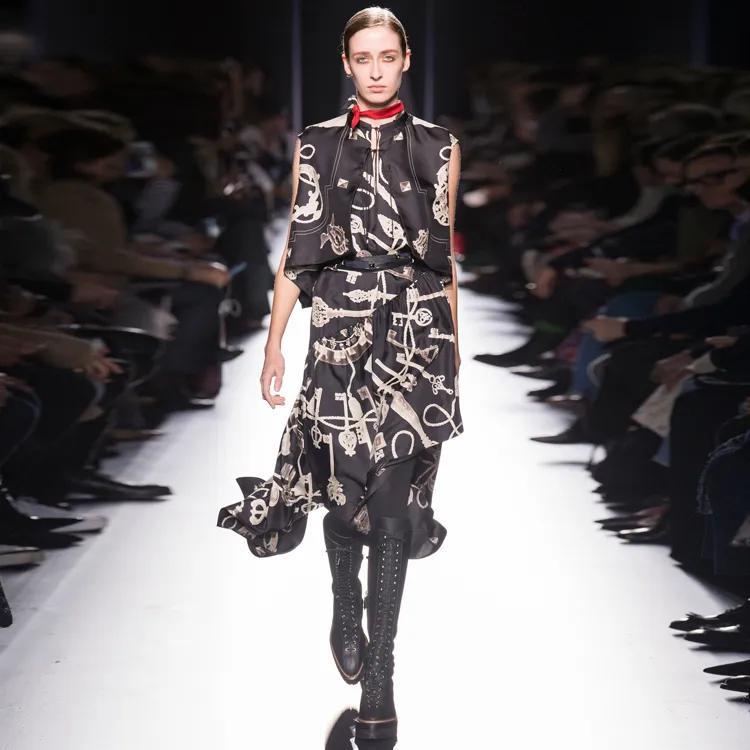- Why are clothes of the same fabric with different printing patterns and different prices? What kind of printed clothing should you avoid wearing with different body shapes?
Let’s first look at the principles of clothing printing technology:
1. Add the finished color pattern to the fabric.
2. Dyes are mainly bonded to fibers and require a certain degree of color fastness.
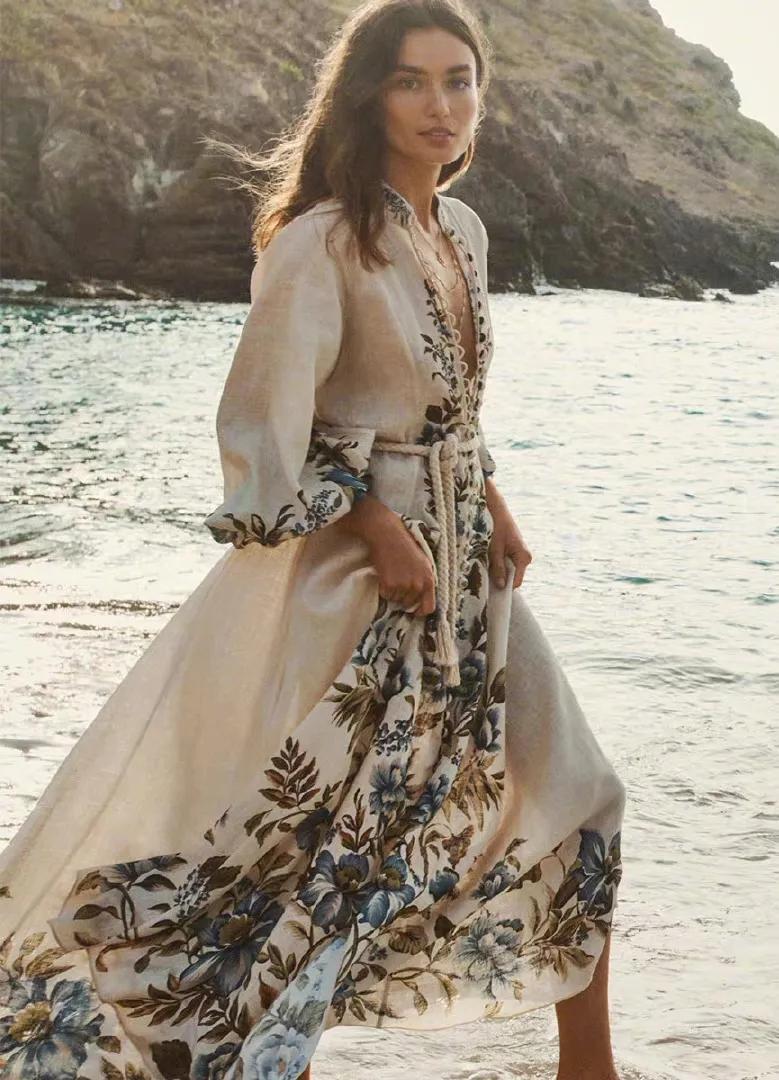
Types of printing process:
1. Resistant dyeing printing (batik, tie-dye, Indonesian tie-dye, spray printing, etc.)
2. Discharge printing (white discharge printing, color discharge printing, etc.)
3. Direct printing (woodblock printing, engraving roller printing, flat screen printing, transfer printing, digital printing, cylinder screen printing, etc.)
4. Others (flocking, yarn printing, etc.)

Why are clothes of the same fabric with different printing patterns and different prices?
- That’s because of the different printing and production methods The production costs and manpower and material resources required are different. Naturally, the prices of finished garments also vary.
Woodblock printing:
Its production efficiency is low, the cost is high, and the labor cost required is high, which depends on the technical level of the workers. Limited in terms of repeating patterns. The printable range is wider and the printing gloss is better.
Engraving roller printing:
It has high production efficiency, high cost, high labor cost and high operating technical level. Very fine details and tonal effects can be rendered. The color of the dye is darker than that of screen printing
Flat screen printing:
Its production efficiency is higher. The cost is on the high side. Can print very clear details. The printable range is wider. The colors produced by printing and dyeing are bright.
Rotary screen printing:
It has higher production efficiency. Lower cost. Can print and dye clearer details. The colors produced by printing and dyeing are bright.
Transfer printing:
It has lower productivity. The cost is lower and the labor cost is also low. It works better on synthetic fabrics. Unable to achieve 100% color saturation
Water transfer printing:
It has lower productivity. The cost is lower and the labor cost is also low. It repeats the pattern partly depending on the size of the paper. Printing and dyeing cannot achieve 100% color saturation
Digital printing:
Its production efficiency is lower and the cost is higher. It repeats the pattern in part depending on the width of the printer. Printing and dyeing cannot achieve 100% color saturation
The choice of printing pattern is very important! Generally, a single item that can impress people at a glance is either a standout color or a unique pattern.
For example, Marine Serre, its crescent moon pattern is very outstanding and very recognizable. Very trendy.
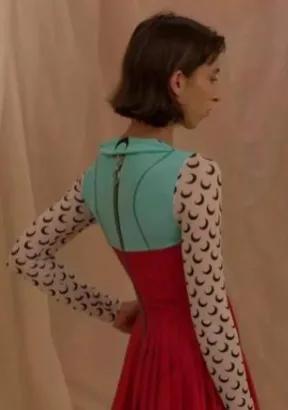
There are the following categories of popular printing patterns:
1. Regular printing
For example: polka-dot skirts, plaid shirts and other regularly arranged patterns
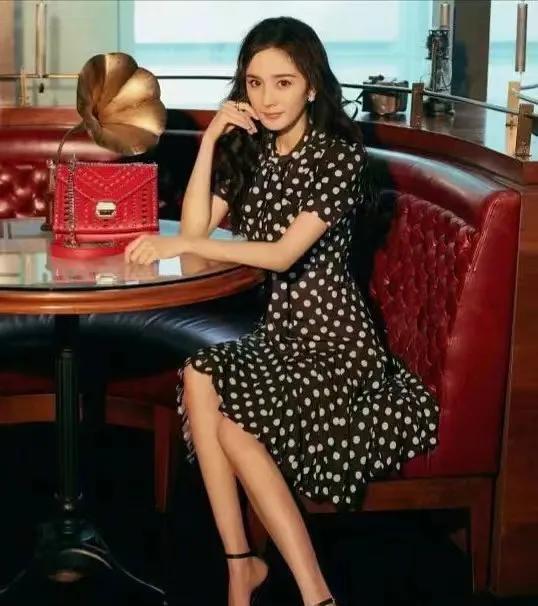
2. Irregularly arranged printing
For example: Many colors of summer floral skirts are arranged irregularly. At this time, you should pay attention to choosing colors that can be controlled within three colors.case.
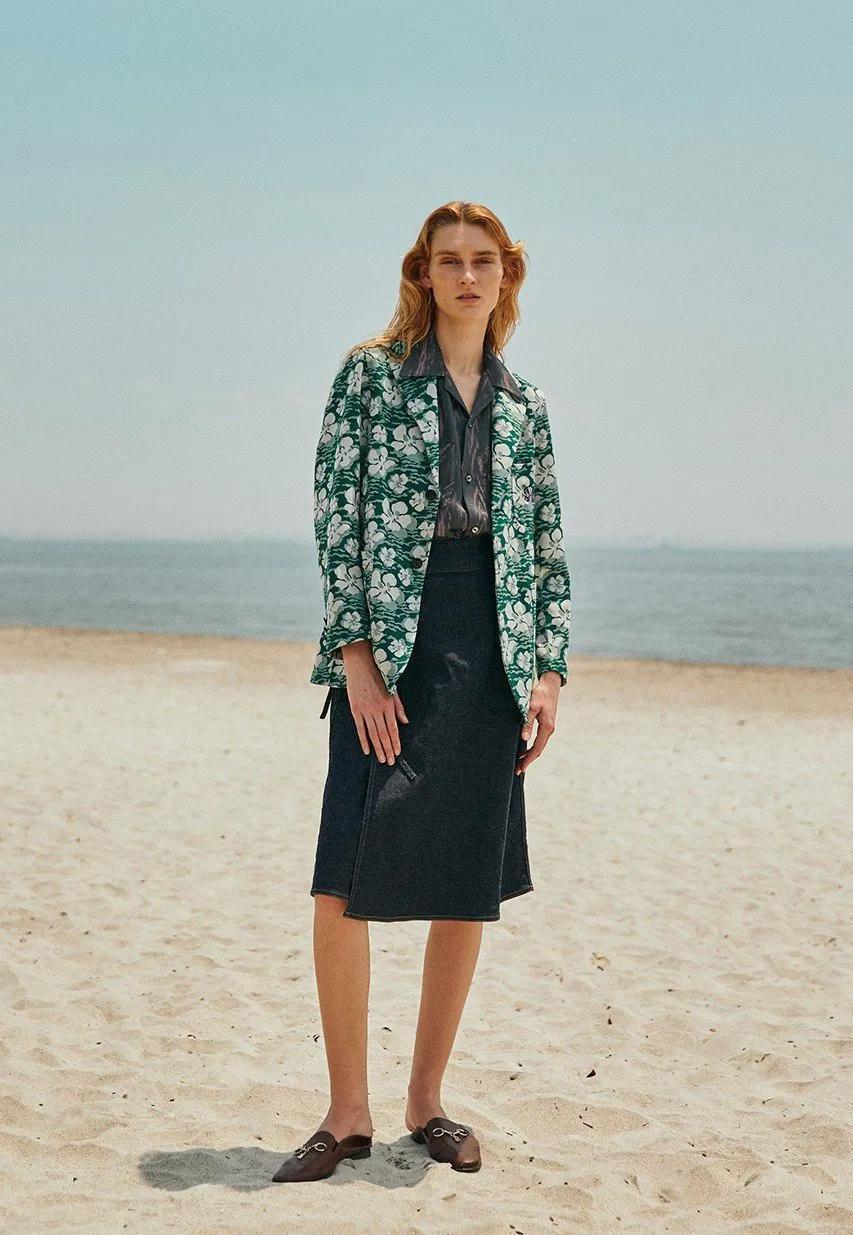
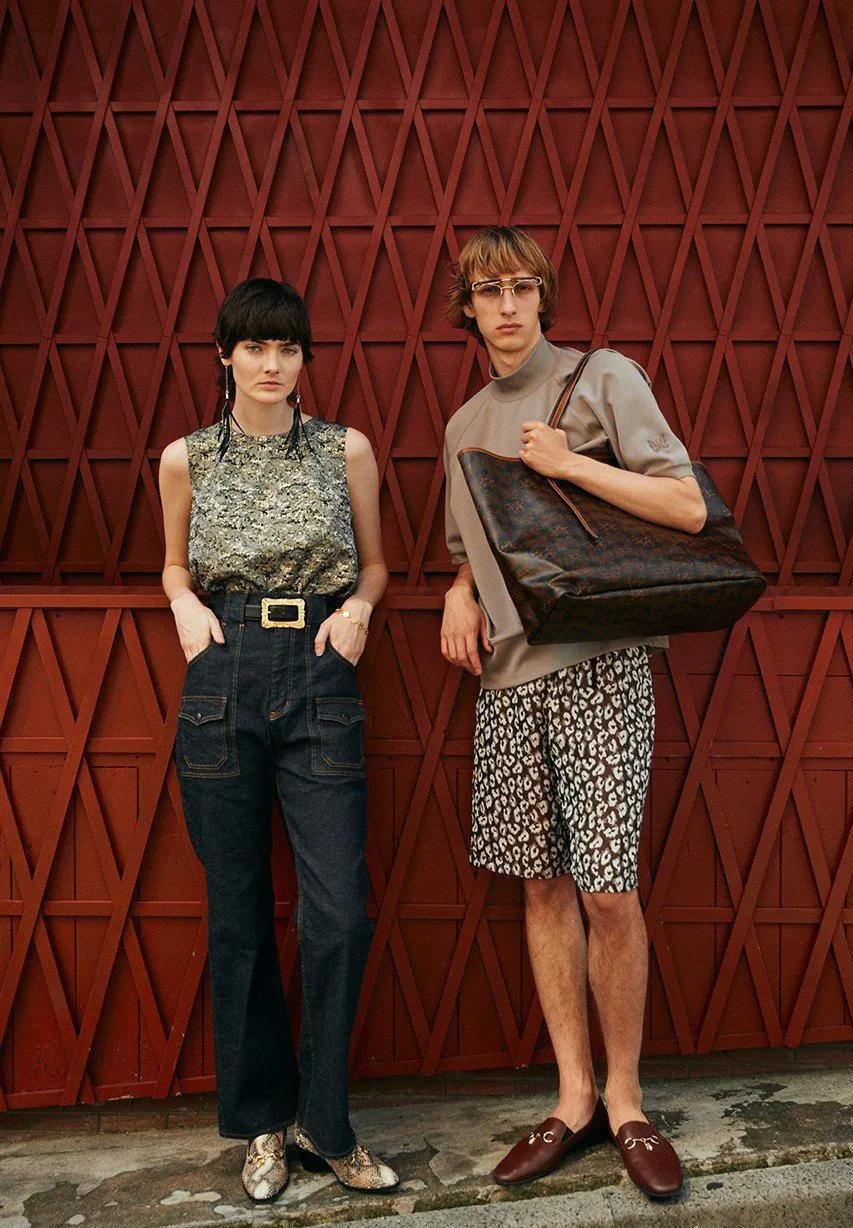
3. Consider the impact of the pattern
span>
If it is a T-shirt, sweatshirt, etc., you need a more visually impactful pattern. In color matching, light and shade and graphic modeling capabilities should be considered.
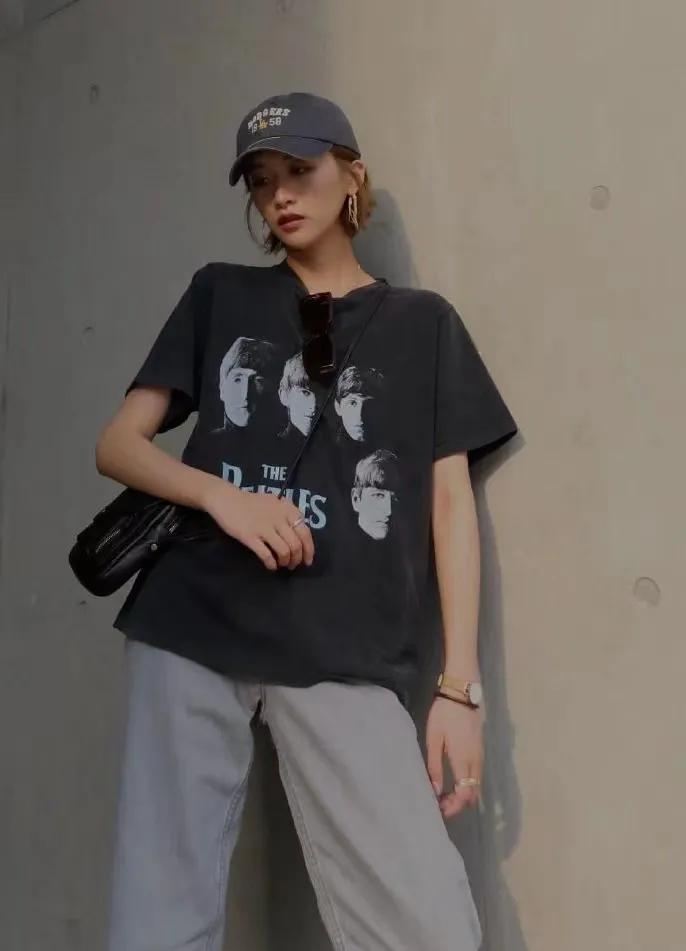
4. The size of the pattern is very important
When selecting patterns, larger patterns often appear repeatedly on a single item, which will cause visual expansion. Effect.
will make smaller sisters look wider and shorter, making fatter sisters look More bloated.
So when choosing items with large-area patterns, it is recommended that these sisters choose items with larger patterns. Small items.

